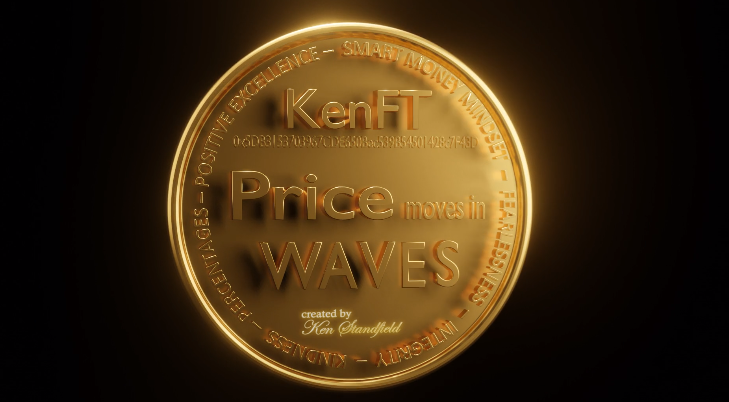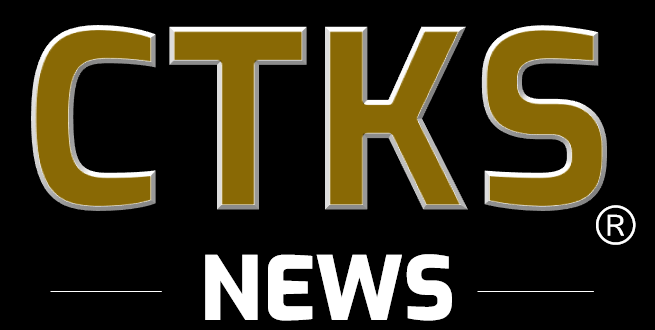The European Union has convened the most effective specialists on the planet to draft the primary “Code of Practices” for general-purpose AI fashions, establishing new requirements in transparency and threat administration below its AI Law.
Global collaboration for the event of AI Code
On September 30, the initiative led by the EU AI Office was introduced, bringing collectively lots of of international specialists from varied areas resembling academia, business and civil society. The objective is to develop a framework that addresses key points resembling transparency, copyright, threat evaluation and inside governance of AI programs.
Almost 1,000 individuals participated within the kick-off plenary session, held on-line. This occasion marked the start of a course of that can final till April 2025, when the ultimate draft of the Code of Practice will probably be offered.
Structure and leaders of working teams
The Code of Practice will turn into a key ingredient in making use of the AI Act to general-purpose AI fashions, resembling giant language fashions and AI programs deployed in varied sectors.
In the primary session, 4 working teams have been launched, led by famend specialists, together with Nuria Oliver, a man-made intelligence researcher, and Alexander Peukert, a copyright specialist from Germany.
These teams will deal with key areas: transparency and copyright, threat identification, technical threat mitigation and inside threat administration. According to the EU AI Office, working teams will meet between October 2024 and April 2025 to draft the provisions, collect enter from stakeholders and refine the Code of Practice by ongoing consultations.
Global impression of the Code of Practice
The EU AI Law, permitted by the European Parliament in March 2024, is pioneering laws that seeks regulate AI know-how all through the area. The legislation was designed to determine a risk-based strategy to AI governance, classifying programs into totally different ranges of threat, from minimal to unacceptable, and requiring particular compliance measures.
The legislation is particularly related to general-purpose AI fashions because of their broad functions and potential to considerably impression society.
However, some key business gamers, resembling Meta (META), have criticized the rules, arguing that they may stifle innovation. Given these issues, the EU’s collaborative strategy in drafting the Code seeks to stability security and ethics with the promotion of innovation.














